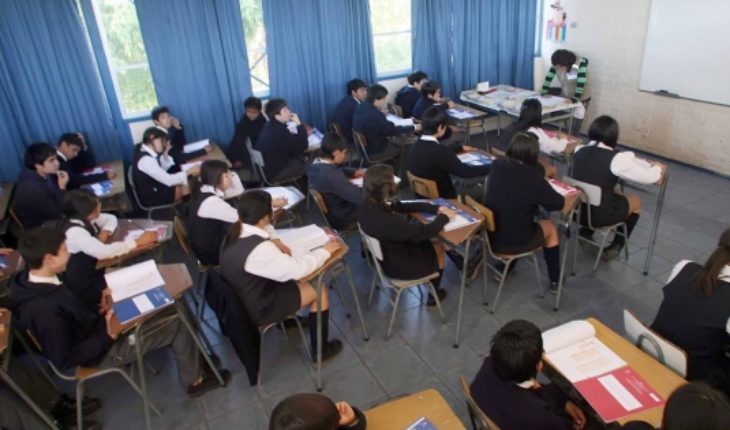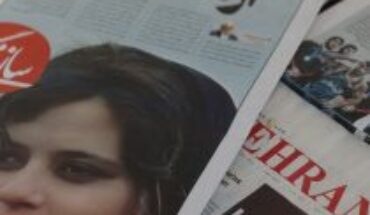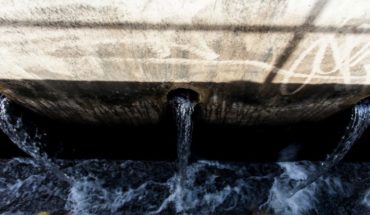A couple of weeks ago, a change in curriculum mesh was announced for third- and middle-quarter students, which will begin to govern from 2020. This announcement is the result of a process initiated in 2017, during the government of Michelle Bachelet, when the Ministry of Education sent a proposal to the National Council of Education (CNED), an instance of 8 academics, aimed at approving, observing or reject the proposals emanating from the Mineduc.
One of the observations made by the CNED in 2018 was that the subject of History, Geography and Social Sciences, together with Physical Education should not be part of the common general training of students, but should be part of a complementary plan Elective.
In the face of these facts, there have been a number of critical positions which have opened up an intense debate on the role and importance of teaching history in the training of young people in our country. In this regard, a group of historians, including the National Lautaro Núñez, Jorge Pinto, Gabriel Salazar and Julio Pinto, believe in their concern for the formation of “Unthinking Subjects, unable to contrast theoretical concepts with the past and present reality.”
For Agustín Squella, National Prize for Humanities and Social Sciences of Chile, what is seen in this change is deeper than one or two subjects in dispute, but highlights a problem of the educational system, because: “We have always criticized young people who study for the notes, but the establishments have ended up doing the same thing: they seem to work almost all for the rankings,” he says.
Faced with this modification of the curriculum, Victor Orellana, sociologist and researcher at the Center for Advanced Research in Education (CIAE) of the University of Chile notes: “The curriculum mesh rather than looking at the classroom, responds to a process of flattening produced by an imposition of issues, which are those that are evaluated in the PSU. So little comes to the classroom about memory, as it is often thought that debt to human rights (DD) is resolved. HH) just speaking of what happened in dictatorship, this may be a breakthrough in a country like Chile, but it falls short. There is a lack of a more meaningful reflection, which is oriented to the transversality of the subject in the different disciplines, that contextualizes the subjects and brings them to the present, making the exercise of seeing how we guarantee social rights today”.
Sandra Raggio, a teacher and researcher at the National University of La Plata, with more than fifteen years of research and action from civil society on issues of memory, education and human rights in Argentina, will be in Chile on July 8 giving a conference at the Auditorium of the Museum of Memory and Human Rights. She joins this discussion by pointing out that the pedagogy of memory plays a key role in the teaching of history and in the formation of a historical consciousness, especially in societies that have suffered dictatorships, since education can contribute to strengthen democracy and political and civic culture.
To address the challenge that our society has, in relation to the transmission between generations of recent historical memory, the Association Research Project “Political Technologies of Memory” arises, which raises that records, documentation and files are hard tools to counter intentions to impose forgetfulness, historical deniacionism, revisionism, or impunity, with respect to the atrocities of the past.
“These political memory technologies are devices of registration, of violations of human rights. The archives help to account for the veracity and scope of repression in Chile, as well as providing tools for the search for transitional justice, repair and pedagogical teaching for memory construction,” says Oriana Bernasconi, Sociology department of Alberto Hurtado University and project director.
The Rings “Political Technologies of Memory” Interdisciplinary initiative involving researchers from Alberto Hurtado University, the Universidad Austral de Chile, and the Museum of Memory and Human Rights, which seeks to study the use and appropriation of these memory technologies that recorded human rights violations, and how they are used in these areas such as education, cultural production and in memory sites and museums. In this way the project addresses the recent past, not as a distant experience, but as part of the present social life; it is a past that is still alive, which new generations seek to make sense of.
María Luisa Ortiz, head of Collections and Research at the Museum of Memory and Human Rights, and researcher of the project, noted that “Today there are many ways to dialogue with young people on these issues; photographs, press articles, testimonies, videos, memory spaces and museums. You have to use these tools in the classroom, from the first years of youth training, to know what your concerns are, how you see the world. I don’t think young people are even there, as I see them as they cross the threshold of the museum, and the vast majority are motivated and ask, they are restless, they want to know more. This is very important to be able to act on situations of risk or violation of rights today, and to ensure that these facts are not repeated, they must learn from a young age to accept the difference of others, so that they can express themselves without fear”.
The Rings “Political Technologies of Memory” project seeks to facilitate access and use of documentation on human rights violations as a tool that allows us to approach our recent past. That is why the link between the teaching of history, and the understanding of our past appears as a tool to confront and build our present, since it is a fundamental pillar for the strengthening of our democracy.
Sandra Raggio’s public conference will be, at the same time, the launch of the Rings in Social Sciences research project “Political Technologies of Memory: Contemporary Uses and Appropriations of Recording Devices of Past Violations of human rights in Chile” (Conicyt PIA-SOC 180005).
The event will be held on Monday, July 8 at 18:00 hrs., in the Auditorium of the Museum of Memory and Human Rights.
The content poured into this opinion column is the sole responsibility of its author, and does not necessarily reflect the editorial line or position of El Mostrador.





